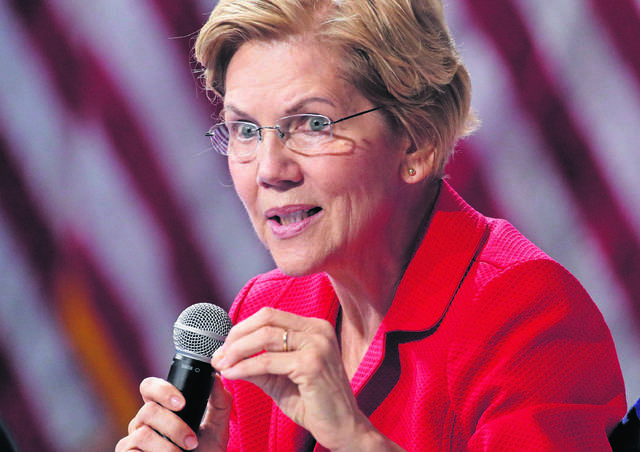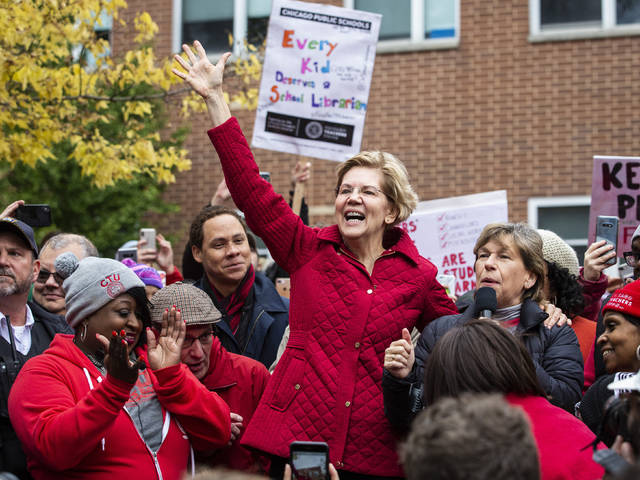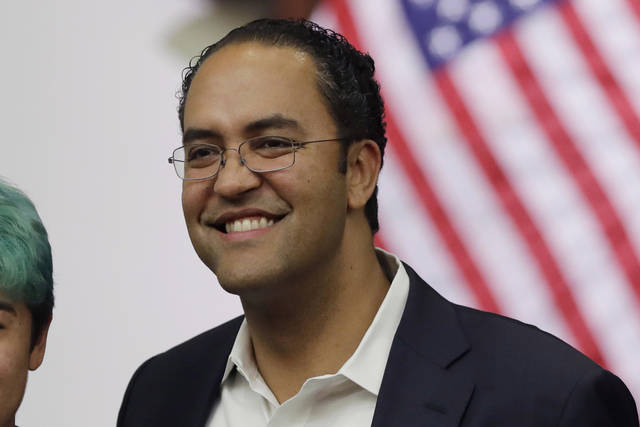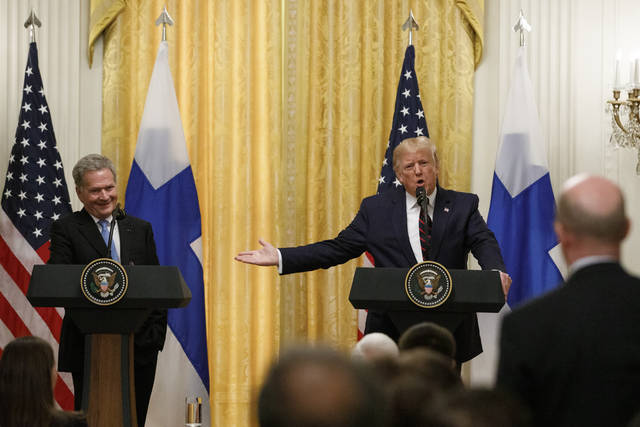WASHINGTON
There are political moments, and this might be one, in which worse is better. Moments, that is, when a society’s per capita quantity of conspicuous stupidity is so high and public manners are so low that a critical mass of people are jolted into saying “enough, already.” Looking on the bright side, as he wisely is disinclined to do, Jonathan Rauch thinks such a moment might be arriving.
Writing in National Affairs (“Rethinking Polarization”), Rauch, a Brookings Institution senior fellow, postulates a vast emptiness at the core of the politics that has engulfed us: “What if, to some significant extent, the increase in partisanship is not really about anything?” What if rival tribalisms are largely untethered from ideologies?
This is plausible. The angriest conservatives, or at least people brandishing this label, show no interest in what was, until recently, conservatism’s substance — limited government, balanced budgets, free trade, curbs in executive power, entitlement reform, collective security. Conservatives’ anger is eerily unrelated to the comprehensive apostasy from what was, three years ago, conservatism’s catechism.
Of course, this catechism had long been (in Daniel Patrick Moynihan’s formulation) avowed but not constraining: The conservative party did not allow professed beliefs to influence its behavior. So, on the right, a politics of passions unrelated to policy flooded into the vacuum of convictions unrelated to behavior.
Rauch’s thesis is that increased polarization has little to do with ideas and much to do with hostile feelings — “negative partisanship” — about others. “It’s not so much that we like our own party,” Rauch surmises, “as that we detest the other.” The left, like the right, has no plausible, meaning implementable, plan for solving pressing problems, from immigration to $1 trillion deficits at full employment. So, despising President Trump, who makes this easy, is a substitute for a politics of substance.
All this began before Trump slouched onto the political stage, and because of his electoral success he already has emulators among his despisers. Consider Massachusetts Sen. Elizabeth Warren’s grotesque — and classically demagogic — ascription of blame to unpopular others for everyone else’s personal complaints — which she says government can remedy: “You’ve got things that are broken in your life? I’ll tell you exactly why. It’s because giant corporations, billionaires have seized our government.”
Rauch believes that although political parties are instruments of partisan mobilization, it is their weakness that feeds today’s polarization by smoothing the way for demagogues. Time was, the parties vetted candidates, “screening out incompetents, sociopaths, and those with no interest in governing.” Now, “the more parties weaken as institutions whose members are united by loyalty to their organization, the more they strengthen as tribes whose members are united by hostility to their enemy.” As loyalty to parties’ organizations and doctrines is supplanted by parties as hostility-based tribes, polarization supplies solidarity in an era of empty politics.
Rauch hopes that America’s current public awfulness might “end up strengthening liberal norms and institutions by scaring us, at last, into defending them.” Isn’t it pretty to think so?







